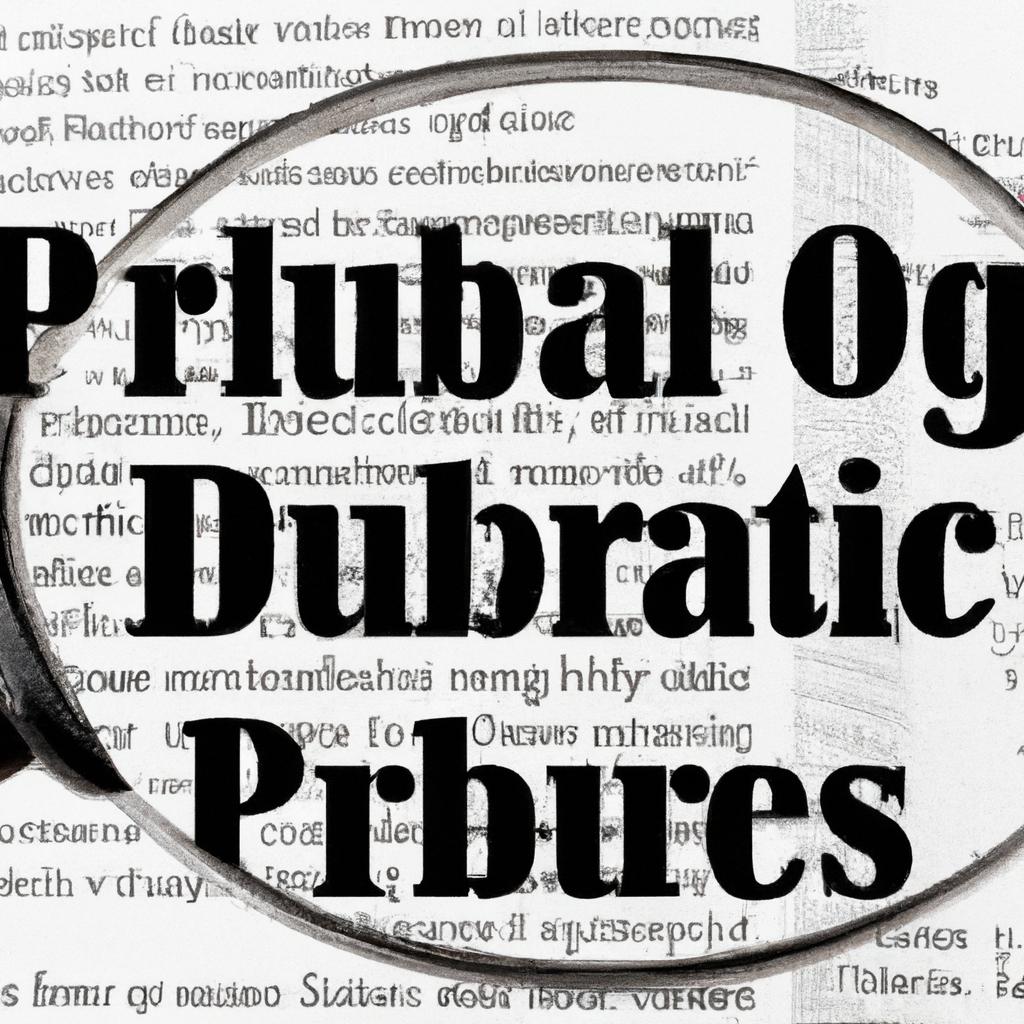Probate court proceedings are often shrouded in mystery, with many individuals unsure of the accessibility of such information. As experienced legal professionals at Morgan Legal Group, located in the heart of New York City, we are frequently asked: is probate court public information? In this article, we will delve into the intricacies of probate court, explore the extent of public access to such records, and shed light on the nuances of this often misunderstood legal process.
Understanding the Public Nature of Probate Court Proceedings
Probate court proceedings are indeed public information, as they involve the legal process of administering a deceased person’s estate. This means that anyone can access the court records and documents related to a probate case. It is important to understand that probate court proceedings are typically open to the public for transparency and accountability purposes.
During probate court proceedings, various documents and information may be made available to the public, including the deceased person’s Will, inventory of assets, debts, and distributions to beneficiaries. This public nature of probate court proceedings serves as a way to ensure that the estate is being handled properly and fairly. As a law firm specializing in estate planning and probate matters, we at Morgan Legal Group in New York City, recommend being mindful of the public nature of probate court proceedings and handling sensitive information with caution.

Navigating the Accessibility of Probate Court Records
Probate court records can be a valuable source of information for those looking to navigate the complexities of estate planning and administration. These records are generally considered public information, meaning that they are accessible to anyone who wishes to view them. This transparency is intended to ensure that the probate process remains fair and accountable to all parties involved.
When seeking access to probate court records, it is important to be aware of the specific guidelines and procedures in place. In many cases, these records can be accessed online through the court’s website or by visiting the courthouse in person. However, certain sensitive information, such as personal financial details or medical records, may be restricted from public view. It is advisable to consult with a legal professional, such as the experts at Morgan Legal Group in New York City, to ensure that you are following the correct procedures and maintaining compliance with privacy laws.

Protecting Privacy through Proper Estate Planning Strategies
When it comes to , one of the common concerns that individuals have is whether probate court information is public. The reality is that probate court proceedings are typically a matter of public record, which can potentially expose sensitive information to the public. This is why it is crucial to work with an experienced estate planning attorney to explore strategies that can help safeguard your privacy.
One effective way to protect your privacy is by establishing a revocable living trust. Assets held in a trust typically do not go through probate, which means that details about your estate and beneficiaries can remain confidential. Additionally, utilizing beneficiary designations on assets such as retirement accounts and life insurance policies can help ensure that these assets pass directly to your chosen beneficiaries outside of the probate process. By taking proactive steps to address privacy concerns in your estate plan, you can have peace of mind knowing that your personal information is safeguarded.

Ensuring Compliance with Legal Requirements for Probate Court Information
When it comes to probate court information, it is important to understand the legal requirements that govern access to such records. Probate court records are considered public information, meaning they are available to the general public for viewing. However, there are strict guidelines in place to ensure that this information is accessed and used appropriately.
As legal experts, we at Morgan Legal Group ensure compliance with these legal requirements to protect the privacy and integrity of probate court information. This includes safeguarding sensitive information, such as personal details of the deceased and beneficiaries, and adhering to the rules set forth by the court. By maintaining a high standard of ethical conduct and professionalism, we uphold the trust of our clients and the legal system as a whole.
Q&A
Q: Is probate court public information?
A: Yes, probate court records are typically considered public information.
Q: What types of information can be found in probate court records?
A: Probate court records may include wills, estate inventories, property distribution, and other legal documents related to the settling of a deceased person’s affairs.
Q: How can someone access probate court records?
A: Probate court records are usually available for viewing at the courthouse where the case was filed. Some courts may also offer online access to probate records.
Q: Are there any restrictions on who can access probate court records?
A: In general, probate court records are open to the public. However, certain sensitive information, such as medical or financial records, may be redacted to protect the privacy of individuals involved in the case.
Q: Why should someone be interested in probate court records?
A: Probate court records can provide valuable information for genealogical research, property ownership, and legal disputes. They can also offer insight into how an individual’s estate was handled after their passing.
Wrapping Up
In conclusion, the question of whether probate court is public information has been answered. While probate court proceedings are generally a matter of public record and can be accessed by anyone who is interested, it is important to remember that certain information may be restricted or sealed for privacy or legal reasons. Understanding the accessibility of probate court records can help individuals navigate the complexities of estate administration and ensure transparency in the legal process. Thank you for exploring this topic with us, and we hope you have gained valuable insights into the world of probate court.












